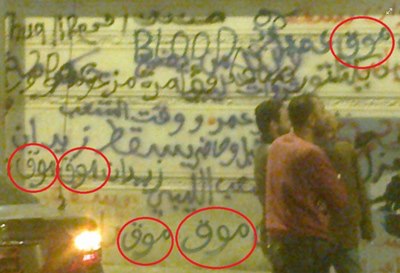Dear Editor,
In relation to your article displaying the breakdown of the 2013 budget. It raises the questions.
1. Considering that the government . . .[restrict]has claimed to have resolved the issue of salary duplications, shouldn’t there be a drop in the total figure? Why don’t they disclose at least the total number of employees working for government entities?
2. Given the operational expenses of LD 10 billion, it shouldn’t include any government salaries. It should disclose what this includes.
3. It’s good to see that Libya has allocated LD 19.3 billion to development. However, there has been talk of much of this money going to complete projects already started. How many of these projects are infrastructure projects (water, electricity, roads and transport) and how many are towards housing and commercial departments?
4. Libya is spending LD 10.6 billion on subsidies, most of this is on petrol. I hope to see Libya intending on making this year the last one that it spends such money on subsidies. The programme for subsidies in Libya is completely done wrong. For a start subsidies should not be given to all but to those who need it most. It’s strange to see that they subsidies petrol to allow people to drive around for endless hours, while most elderly receive inadequate pensions. The same can be said for food subsidies, as this is being offered to everyone rather than the families that need it most. This is also a huge cost on the private business which can’t compete with these pricing.
5. Whatever happened to the LD 36 billion* that remained from 2012 budget?
I hope that the Libya Herald will be able to dig deeper into these very important subjects, especially the subject of salaries.
The country has a very weak private sector and a none too efficient public sector. The salaries of the public sector are too low to get anyone to actually work and not be tempted towards corruption – on the other hand, too high considering that many don’t even attend work. This makes it even harder for the private sector to recruit efficient workers. If the public sector is going to continue to “give away” salaries for very little or no work, how can the private sector attract employees?
Regards,
Jumal Deleon
(email address provided)
*Ed: the amount reported by former Prime Minister Abdurrahim Al-Kib was LD 42 billion. [/restrict]



